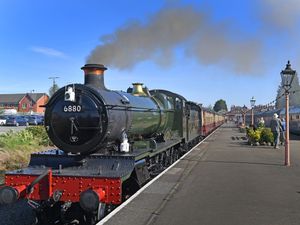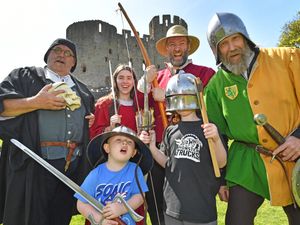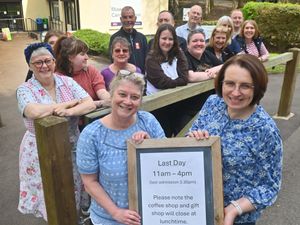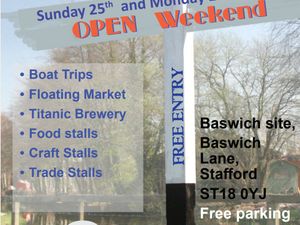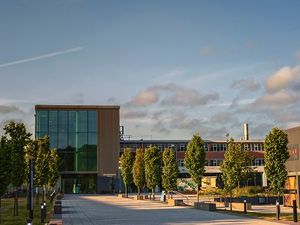Sweet history of village created by Cadbury's unearthed
It is the village with a sweet history after being created by the famous Cadbury family.
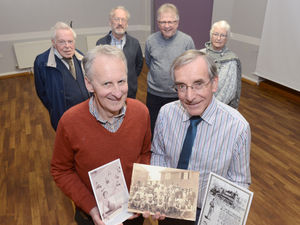
Now the secrets and hidden treasures of Bournville have been retold as a packed-out event.
Bob Booth, chairman of The Bournville Society, spoke in Albrighton this week to talk about the little-known facts and anecdotes surrounding Bournville and Cadbury World.
The talk was the first of the year hosted by Albrighton and District Historical Society and they said it was the biggest audience they had had for a while, with more than 80 people in attendance.

Bob, aged 76, has been chairman of the society for 10 years and gave a candid view of the factory, the village and the family that started it all.
“Whenever I do a talk like this, I find it strange if no-one puts their hand up and says they have a connection to Cadbury’s in some way,” he said.
“Whether that is they worked there, or visited or lived there – a lot of visitors had connections.”
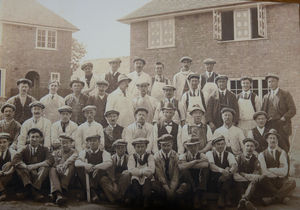
The popularity of the chocolate giant and its history mean that Bob’s talks prove equally as popular, as he divulges the ins and outs of the Cadbury legacy.
“Cadbury World is 43 on the National Visitor list, that is including all the London attractions," he said.
"I think they get around 800,000 visitors a year.
"The workforce was 10,000 in its heyday in Bournville alone. There are 2,000 there now.
"There is also a lot of connections with the Wolverhampton area.
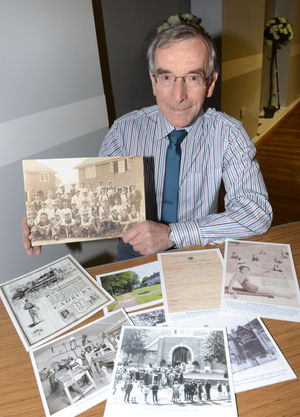
"Architect Alexander Harvey came from Birmingham but designed the church in Wednesbury and the Dudley council buildings.
“He also designed all the iconic Bournville buildings we recognise today.”
Bob spoke about the architecture and buildings that make up the iconic village, as well as explained the reason behind the alcohol limitations inside Bournville.
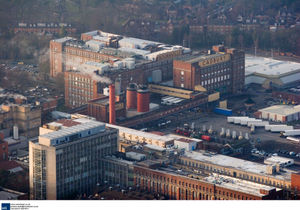
“There are no pubs in Bournville. The Cadbury Club has a licence, but only certain places are licensed.
"It was all part of the lifestyle that George Cadbury and his brother wanted to promote as Quakers.
“There is no cinema or fish and chip shops also. They were building houses and people had to live up to expectations.
"They recognised it was an improvement of the quality of life for people.”

